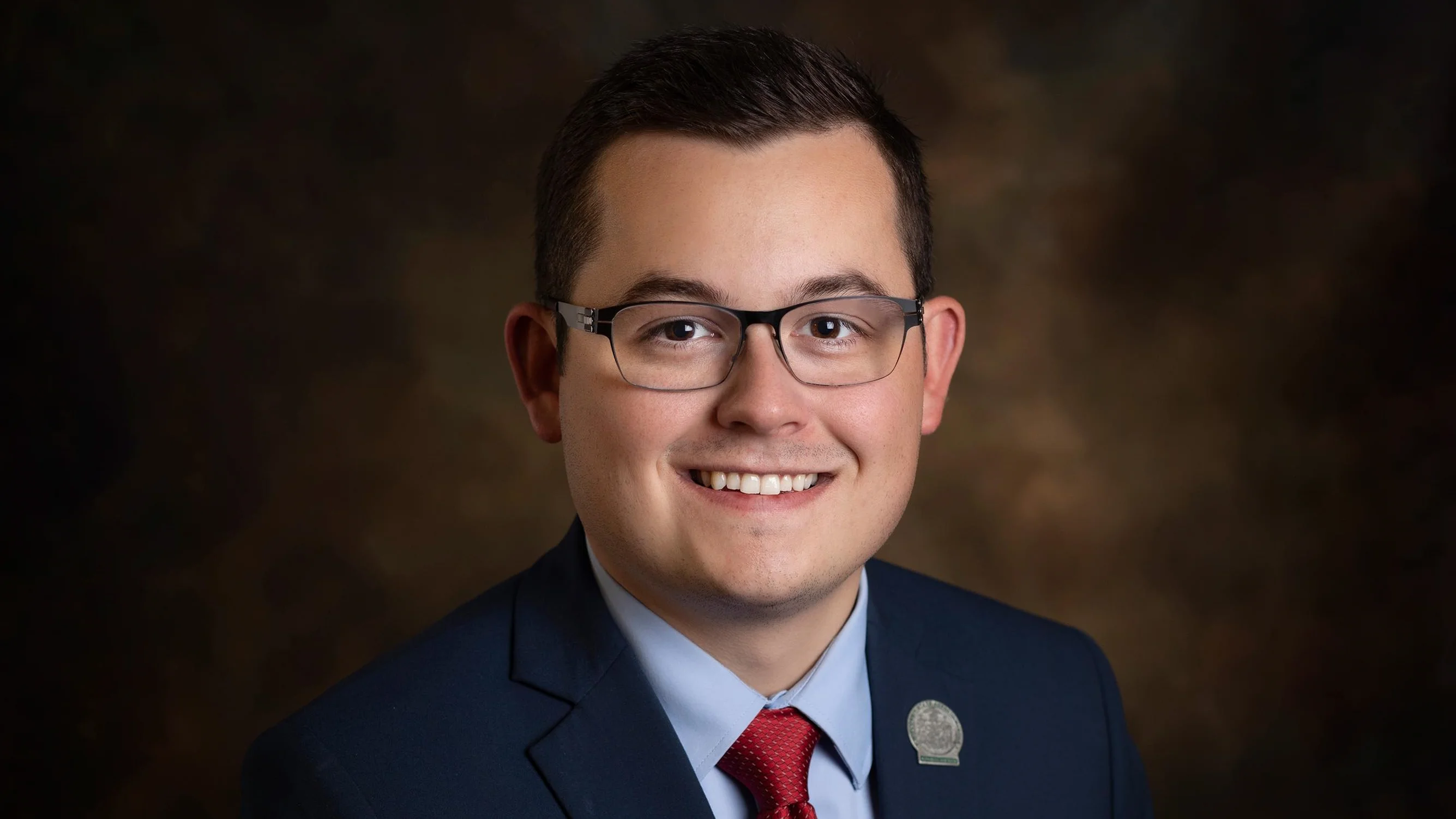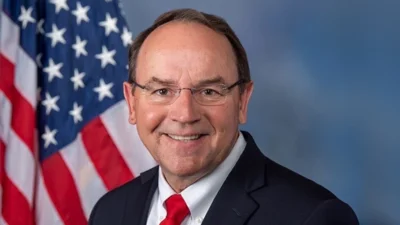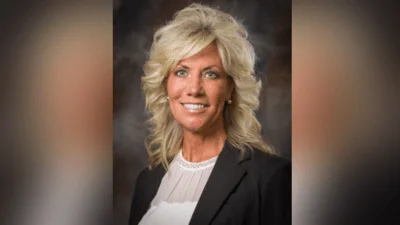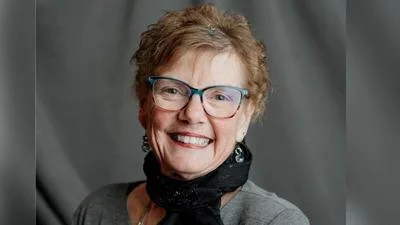Calvin Callahan, Wisconsin State Representative of 35th District | Facebook
Calvin Callahan, Wisconsin State Representative of 35th District | Facebook
According to the Wisconsin State Legislature's official website, the bill was described as follows: "creating a tax credit for expenses related to film production services and for capital investments made by a film production company, granting rule-making authority, and making an appropriation. (FE)".
The following is our breakdown, based on the actual bill text, and may include interpretation to clarify its provisions.
In essence, the bill establishes tax credits for film production companies operating in Wisconsin, along with creating the State Film Office under the Department of Tourism to oversee these credits. Companies can claim a 30% income and franchise tax credit on salaries paid to Wisconsin residents for film production work within the state, capped at $250,000 per employee, with a $1 million minimum budget threshold. Additionally, there are credits for production expenses and purchases of depreciable property within their first three years in the state. Film productions must acknowledge Wisconsin in their credits. The State Film Office is limited to allocating $10 million in credits annually and must report on the program's efficiency to the legislature. The bill mandates fiscal appropriations for administrative costs and becomes effective immediately following either its publication or the subsequent biennial budget act.
The bill was co-authored by Senator Julian Bradley (Republican-28th District), Representative Clinton M. Anderson (Democrat-45th District), Representative Brienne Brown (Democrat-43rd District), Representative Steve Doyle (Democrat-94th District), and Representative Jodi Emerson (Democrat-91st District). It was co-sponsored by Senator Dora E. Drake (Democrat-4th District), Senator Dan Feyen (Republican-20th District), and Senator Jodi Habush Sinykin (Democrat-8th District), along with 32 other co-sponsors.
Calvin T. Callahan has co-authored or authored another 41 bills since the beginning of the 2025 session, with none of them being enacted.
Callahan, a Republican, was elected to the Wisconsin State Assembly in 2021 to represent the state's 35th Assembly district, replacing previous state representative Mary Felzkowski.
In Wisconsin, the legislative process starts when a senator, constituent, group, or agency proposes an idea for a bill. After drafting, the bill is introduced, numbered, and referred to a committee for review and public input. If approved, it moves through three readings and votes in both the Senate and Assembly. Once both chambers pass the same version, the bill goes to the governor, who can sign it, veto it, or let it become law without a signature. Only a small share of bills introduced each session ultimately become law. You can learn more about the Wisconsin legislative process here.
| Bill Number | Date Introduced | Short Description |
|---|---|---|
| AB231 | 05/02/2025 | Creating a tax credit for expenses related to film production services and for capital investments made by a film production company, granting rule-making authority, and making an appropriation. (FE) |
| AB226 | 04/23/2025 | Prohibiting school boards and independent charter schools from providing food containing certain ingredients in free or reduced-price meals |
| AB218 | 04/23/2025 | Limitations on ownership of real property in this state by foreign persons. (FE) |
| AB192 | 04/15/2025 | Fatality review teams and granting rule-making authority. (FE) |
| AB154 | 04/02/2025 | Use of certified seed potatoes in planting potatoes and providing a penalty. (FE) |
| AB107 | 03/11/2025 | Conversion of cooperative associations organized to establish and operate nonprofit plans or programs for health care into service insurance corporations |
| AB45 | 02/17/2025 | Ratification of the Dietitian Licensure Compact. (FE) |





 Alerts Sign-up
Alerts Sign-up